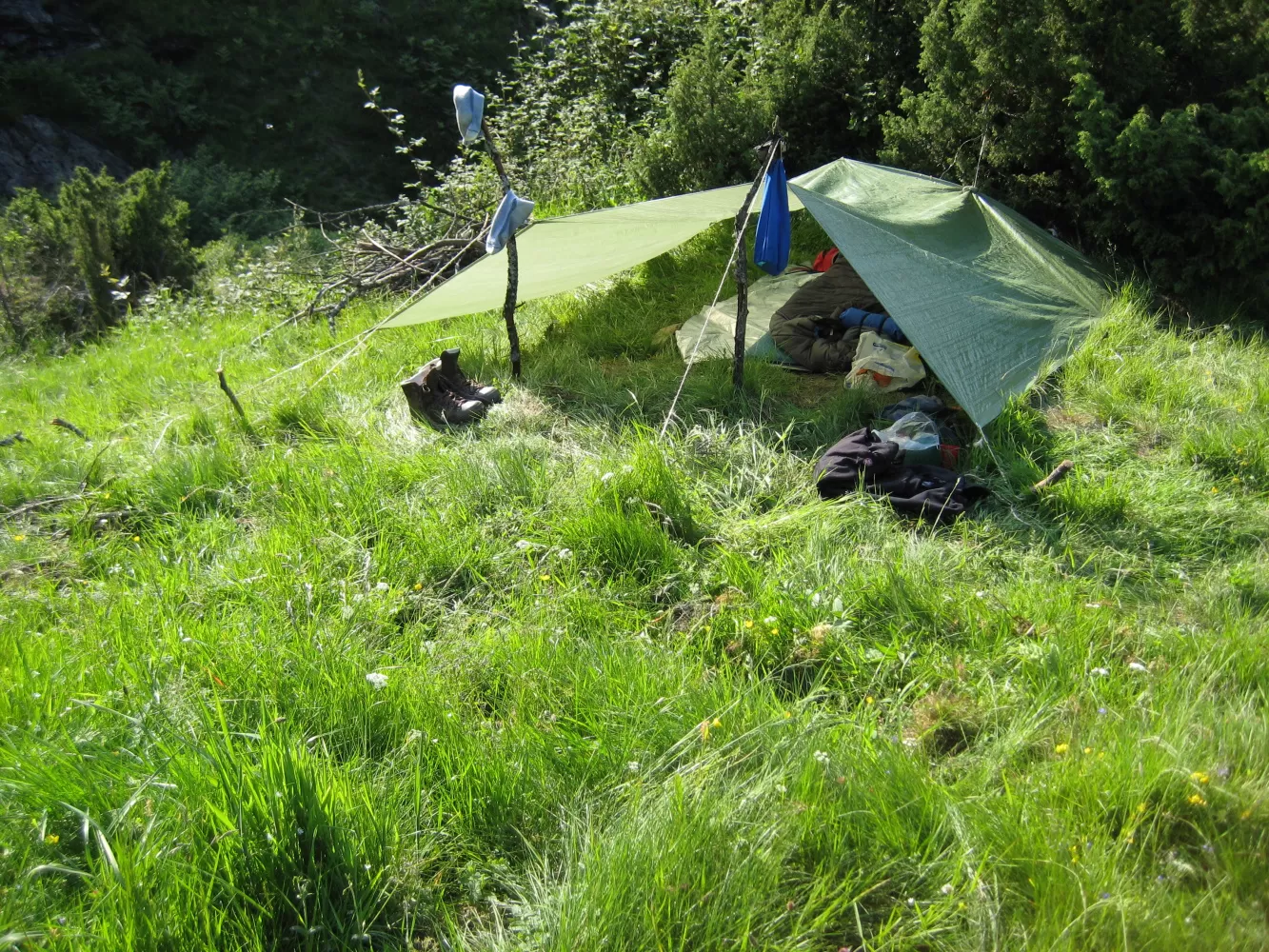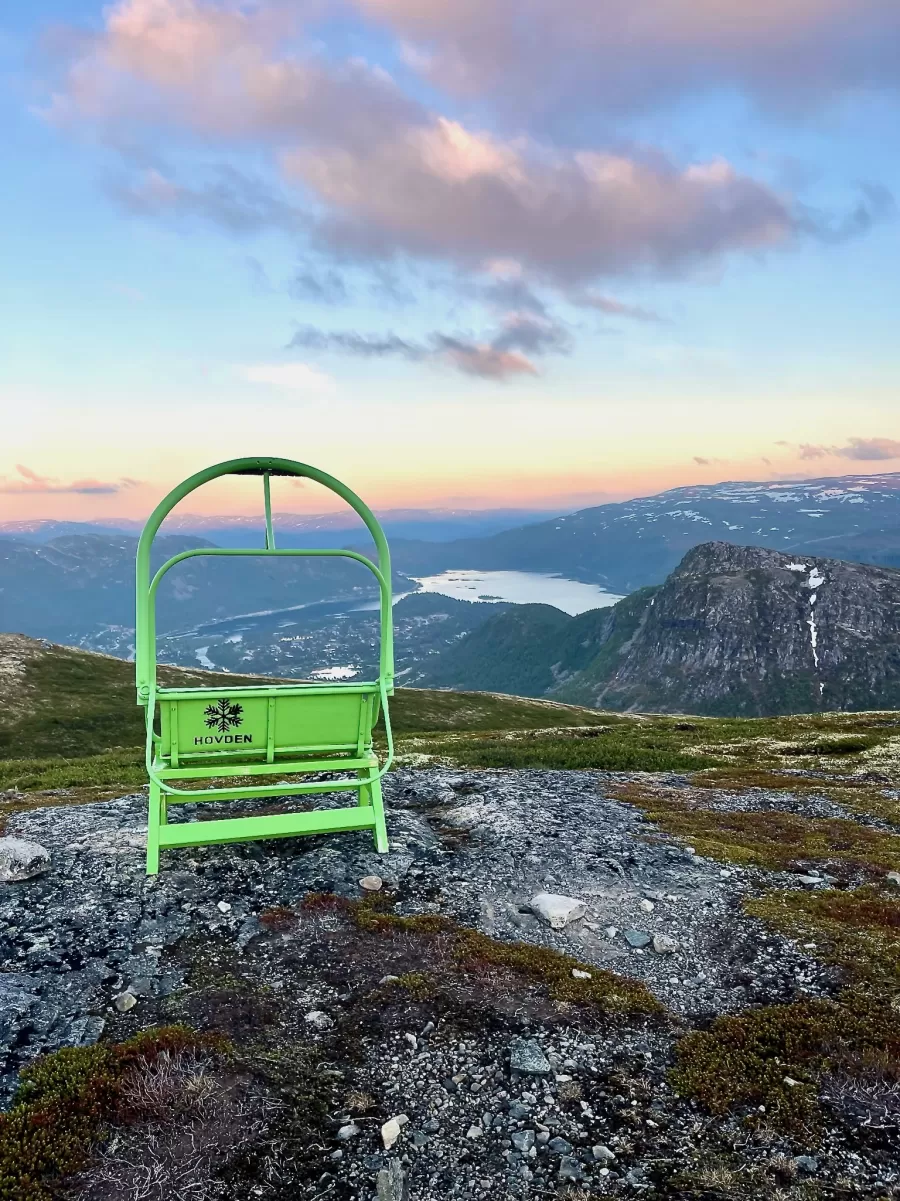
What is Adventure & Nature Therapy?

Briefly and concisely from the working group for Adventure therapy of the Federal Association of Individual and Experiential Education e.V.:
Adventure therapy is a holistic, action-, and experience-oriented approach that, through adventure and nature-pedagogical methods, supports, supplements or creates therapeutic settings.
The aim of adventure therapy is to initiate development and self-healing processes. The therapeutic context and the depth of the process are crucial features that distinguish adventure therapy measures from purely pedagogically oriented interventions. The needs (determined abnormality, disorder or behavior, diagnosis) of the client determines the type and intensity of the therapeutic intervention. This is individually challenging and addresses the intrinsic motivation of the client.
In contrast to experiential education, in adventure therapy the stress level of the client is dealt with more sensitively. On the basis of the therapeutic assignment and need, adventure therapy works on an alternative emotional approach to stressful situations; and patterns of action and behavior or resources and strengths are developed.
This is achieved by designing external, action-oriented fields of experience that fit in with internal goals and change processes. In nature or in designed situations, clients can experience themselves in action. This experience becomes a (self)experience through raising awareness or reflecting on the inner processes.
Extracted from: Bous, B., Thiesen, C. (2022): Erlebnistherapie. e&l - Erleben & Lernen, Issue 5. Based on the self-image of the Adventure therapy group from the Federal Association of Individual and Experiential Education e.V. (Lakemann 2018, Gilsdorf 2004, Michl 2018).

What are the areas of application for adventure therapy worldwide?
At the international level, the use of adventure therapy is very well established in some cases. Adventure therapy is mainly used in medical and psychosocial professional fields. The most important areas of application are singled out to show the diverse possibilities:
- Treatment of ADHD symptoms (including improvement in the areas of education, behavior and social development)
- Trauma stabilization and therapeutic treatment of PTSD
- Prevention and treatment of dependency diseases/addiction
- Treatment of oppositional behavior (ODD)
- Rehabilitation of Traumatic Brain Injury (TBI) / Traumatic Brain Injury (TBI)
- Cancer rehabilitation
- Treatment of burnout and stress-related illnesses
- Therapeutic treatment of eating disorders/body schema disorders
- In behavioral training for people on the autism spectrum or other neurodiverse diseases and developmental disorders
- Treatment of behavioral deficits, especially in psychosocial interaction (so-called "youth-at-risk")
- In working with delinquent people in prisons in the context of social therapy
- As part of sociotherapy according to § 37a SGB V
- School failures/failures in education – reduction of anxiety, depression
- Identity development through the development of self-concept, morality, belonging, participation, personal responsibility
- Development of performance and self-esteem (positive self-image)
- Relationship problems & family conflicts (e.g. as family therapy)
- Treatment of anxiety and depression


On which theories & basic assumptions has ATI based its training programs?
The following core theories and basic assumptions are taken into account in the practical and theoretical courses of the training for "Adventure & Nature Therapist" and "Adventure & Nature Therapy Practitioner":
- Flow theory (Csikszentmihalyi)
- Motivation psychology (esp. mindset theory by Carol Dweck)
- Humanistic & systemic basic attitudes and therapy approaches (such as e.g. Gestalt therapy, Emotion-focused therapy)
- GRIT model (according to Duckworth) (cf. motivation and resilience research)
- Positive psychology (PERMA scheme according to Seligmann: Positive emotions, Commitment, Social relationships, meaningful Experience and Accomplishment)
- Exercise therapy (sport & exercise as preventative care and treatment of mental illnesses)
- Third-Generation Behavioral Therapies
- Ecopsychology
Particular attention is paid to the generalistically oriented way of thinking and attitude of the teachers and learners (actors), which takes into account and includes the specialist areas of medicine, health and social affairs as well as the adjacent sociological, intercultural and phenomenological fields.
Potential benefits and outcomes of Adventure and Nature Therapy
An excellent compilation was put together by a global working group "Exciting Research Edges" of the IAT (International Adventure Therapy).
The mechanisms of change and action were related to the following dimensions of human existence:
- Kinesthesia (physical)
- Psyche/psychological (intra-/internal)
- Social (interpersonal/ interpersonal)
- Ecology (closeness to nature)
- Ethics (values & principles)


Mechanisms of change and effects of Adventure and Nature Therapy
In all the different dimensions, the Adventure and Nature Therapy effects are not only attributed, but also applied, evaluated and described in various spezialized articles and papers.
The multidimensionality of the therapy procedure results in multicausal relationships. For example, the therapeutic process is not only dependent on verbal communication and thus ignores other communication techniques. For example, the therapy does not refer to the one-dimensional goal "... learn to walk/run again...", but starts with strengthening self-esteem and this has the result that someone in turn has more physical confidence and is more secure in their movement sequences and faster "...learns to walk/run again...".
The holistic nature of this special model could also be considered pan-cultural. The therapeutic attitude and the associated way of forming relationships is shaped differently by therapists who work in Adventure and Nature Therapy in New Zealand and Australia than by colleagues in the USA, India, Europe and other countries. The socio-cultural self-image and underlying value systems are of great relevance for interpersonal work and influence the therapeutic process.

More informations about
Mission Statement of Adventure Therapy
Professional Profile of Adventure Therapists
The german association of experiential education "Bundesverband Individual- und Erlebnispädagogik e.V." is working hard to define and describe Adventure Therapy for their members, health assurances, clinics and universities.
